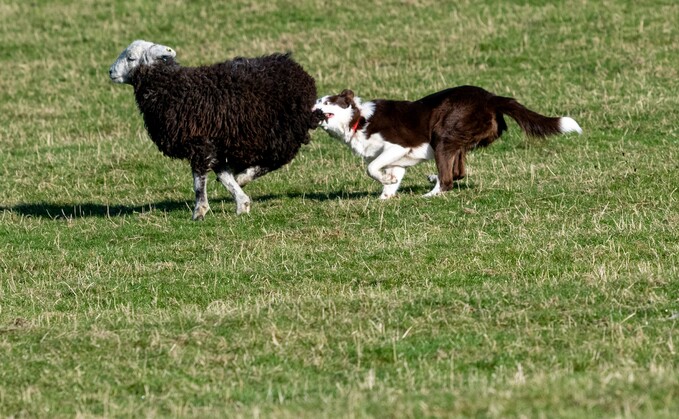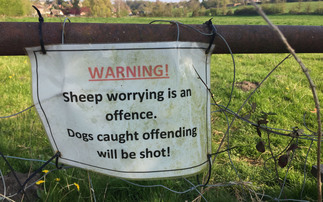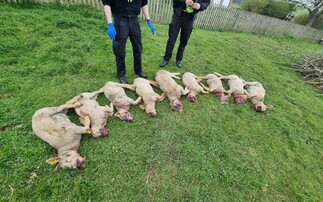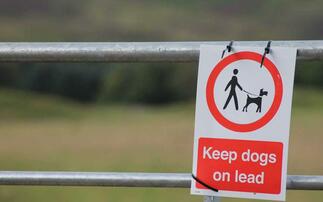
UFU deputy-president John McLenaghan said: "Behind every one of those livestock worrying cases is a farm family that has suffered emotionally and financially, whilst being left with the constant worry that it will happen again. The livestock have endured an horrific attack which traumatises it for life, or its injuries were so severe its life came to a brutal end."
A new report has revealed that farmers and livestock continue to be subjected to the 'trauma and horror' of dog attacks on-farm. NFU Mutual has released new data on livestock worrying costs today (February...





.png)






